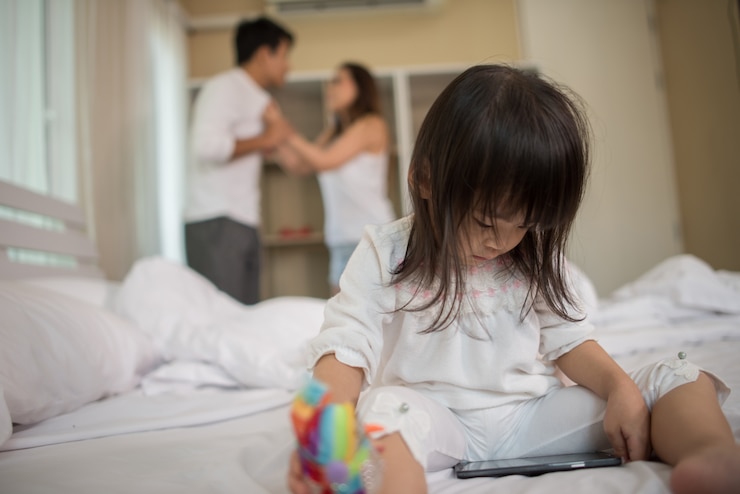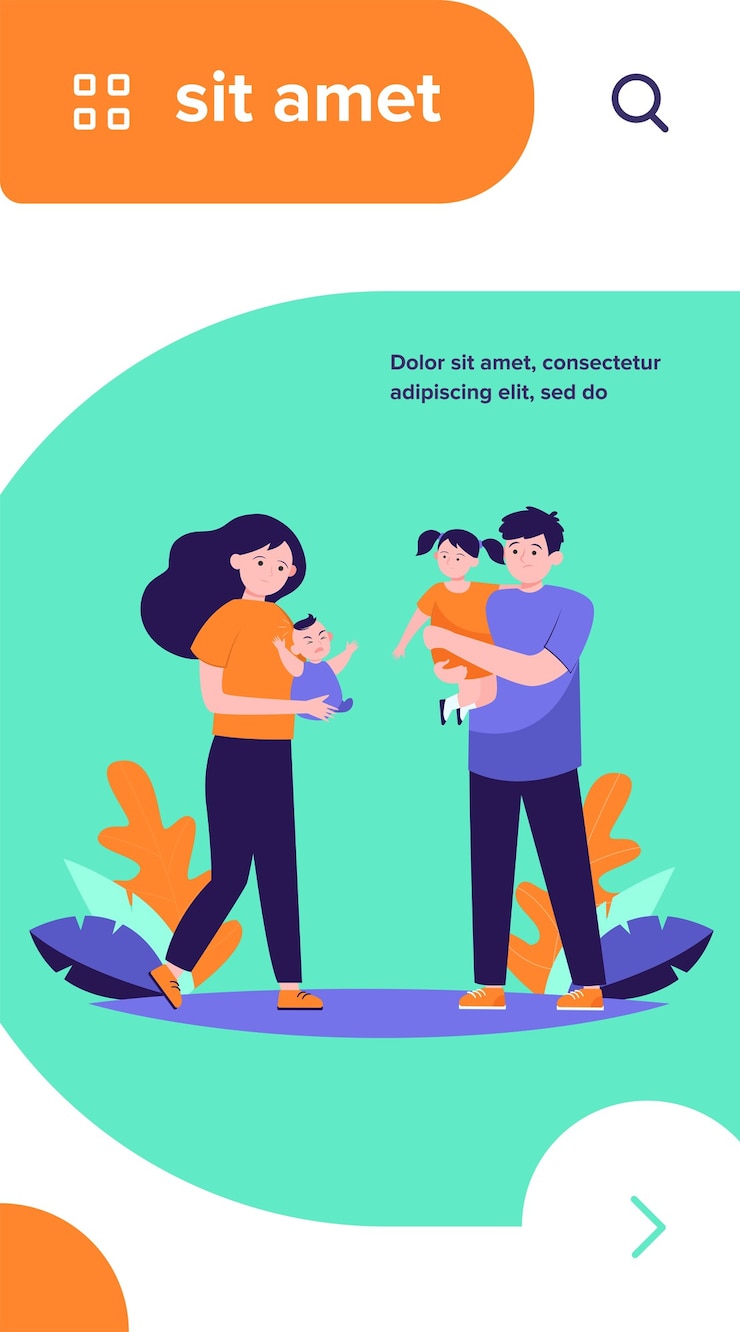
Inside, we’ll explore how certain common actions and situations can unintentionally hinder a child’s social and emotional development.
Table of Contents:
When we pulled into the driveway, my usually quiet 8-year-old suddenly opened up.
“I had the worst day, Mom. In class, we were passing around a puppet, and Lucy wouldn’t give it to me, even though the teacher asked her to. When I finally asked for it, she whispered that she’d never invite me to her birthday party again.”
As she shared her heartbreak, a tear rolled down her cheek.
In these moments, I wish for a parenting guide to carry with me. We know it’s important to let children experience life’s challenges and learn to handle them on their own, but our instinct as parents is to rush to their rescue.
We naturally want to protect our children, but at what point does protection hinder their social and emotional growth?
Parenting involves navigating many gray areas, and it all starts by recognizing our emotions and triggers when our child is struggling and understanding how these affect our reactions.
I didn’t handle it well that day in the garage when I blurted, “Why would you want to go to the party of someone who treats you like that?” As soon as I said it, I realized my mistake. I was upset because she was hurting and feared she might end up with a group of ‘mean girls’—a common parental fear.
Our protective instincts are strong, but they can lead us to believe we need to solve all our children’s problems. When our emotional baggage mixes with our good intentions, it can slow down their emotional growth and resilience.
Starting to reflect can be tough, so here are six scenarios where even the most well-meaning parents might struggle:
1. You dream of your child being athletic and popular, but making them start basketball by first grade for club readiness can lead to exhaustion for them and resentment for you. If an activity causes more stress than it’s worth, it may not be in their best interest.
2. Believing school is vital for future success, you might overtake your child’s schoolwork, unintentionally teaching them learned helplessness. They may think, “Why try if Mom will do it anyway?”
3. Wanting to help with ‘girl drama,’ you might give your daughter too many instructions on handling a bully. This could steal her chance to work through social conflicts herself. Be a listener and ask how she’d like to handle it, fostering her problem-solving skills for future challenges.
4. You want your child to do things “right,” so you end up lecturing them. When your son forgets his math homework, you might panic and criticize. Yet he’s already learned from the natural consequence of embarrassment. Excessive criticism can create anxiety and self-doubt.
5. Assuming you know what’s best, you make all decisions for your child, like pushing her towards ballet instead of karate. Allowing her to choose leads to confidence and dedication.
6. Out of love, you shield your child from life’s disappointments. Yet, one day they’ll need to navigate life on their own. Painful lessons often equip us with resilience and coping skills.
Finding the balance between supporting and stifling your child’s growth is challenging. After reflecting, I apologized to my daughter, acknowledging her tough day and asking how I could help.
The first step in nurturing your child’s social and emotional development is understanding that, as parents, we don’t control their destiny. We’re here to guide them, but they must carve their own path for true growth.
Life naturally teaches important lessons if we step back and let it.
Give your child the skills for LIFE. Join 30k other intentional parents receiving the Parents with Confidence weekly email and get a FREE 5-day parenting course covering:
* The best way to safeguard your child’s self-esteem
* How to earn your child’s cooperation
* The most valuable future skill for your child
* How to discipline without causing emotional harm
JOIN NOW + GET MY E-COURSE!
No spam, unsubscribe anytime.
[Note: Membership details built with Kit]
Additional reads:
A version of this article was published on Scary Mommy.



